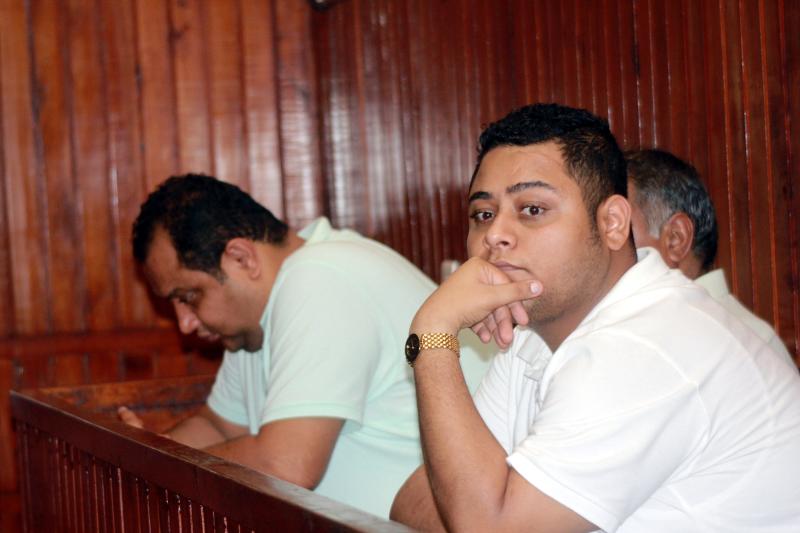×
The Standard e-Paper
Kenya’s Boldest Voice

Convicted Ibrahim Akasha threw his brother drug kingpin Baktash Akasha under the bus to save his skin and sought sympathy in a remorseful letter to the judge.
But in the end, he will spend 23 years behind bars.